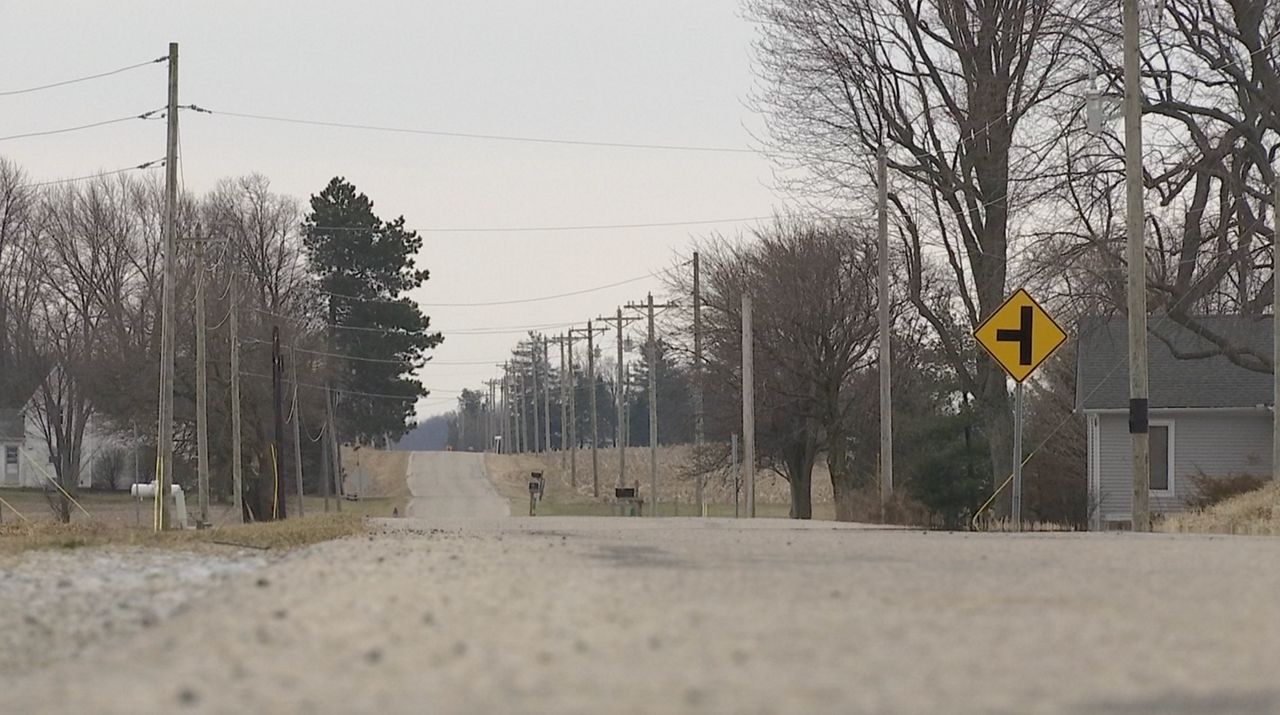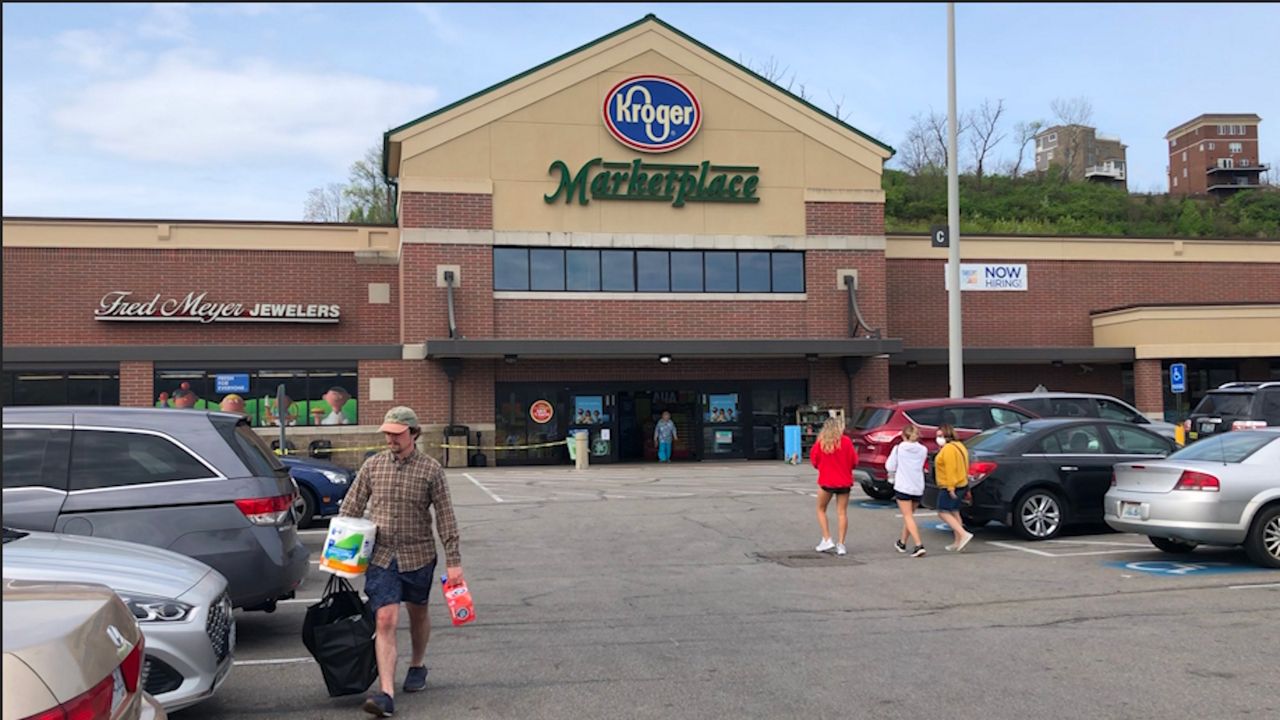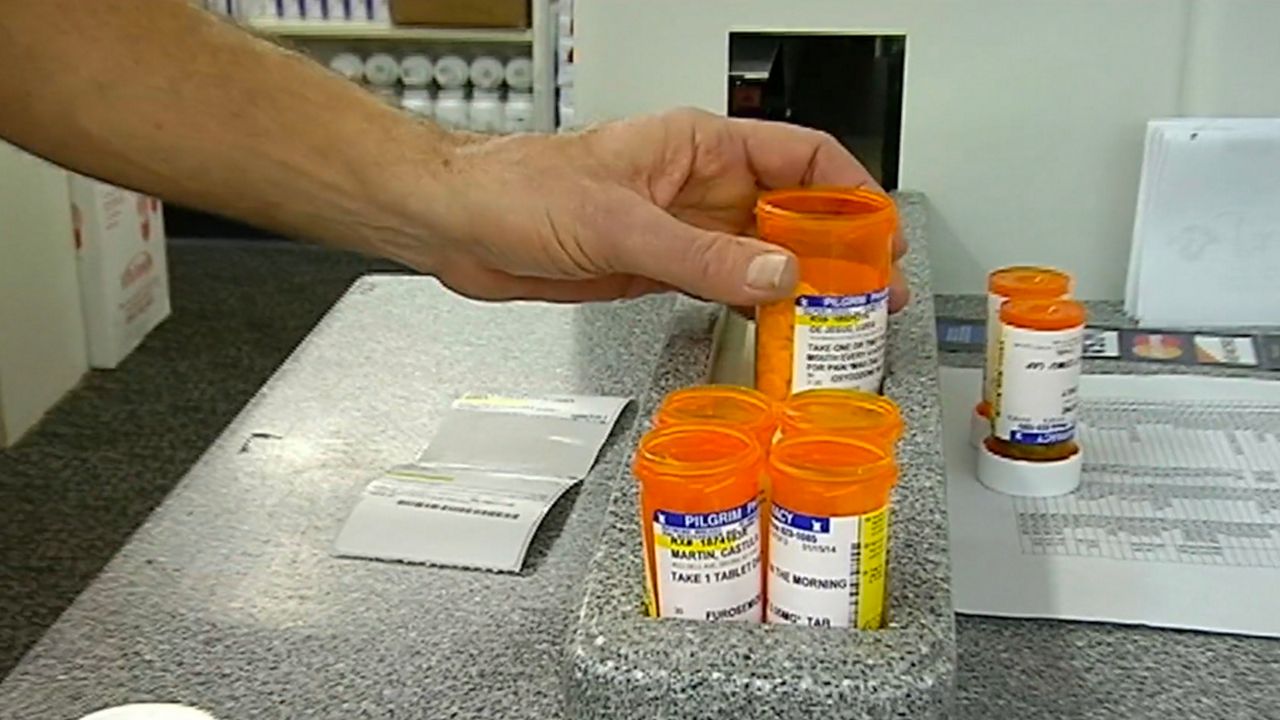CLEVELAND, Ohio — “Project Ohio” is an Ohio Electric Cooperatives initiative that has sent its lineman to Guatemala three times over the past 5 years to set up an electrical system giving villages power to operate more efficiently.
When a group of 17 linemen left the United States in early March for their most recent mission trip, little to no coronavirus cases had been reported.
- Workers from rural electric cooperatives across Ohio went to Guatemala to bring electricity to a remote village
- They returned to the U.S. amid the COVID-19 pandemic
- All of the lineman who participated are returning to work after a 14-day self-quarantine.
This was Joel Miller’s first time going.
“They said that we would have no issues with international travel because it was just now coming on, but when we got there, it escalated really quickly,” said Miller, of Lorain-Medina Rural Electric Cooperative.
Upon arrival, the trip timeline went from 15 days to 10, and then from 10 days to 7.
Jason Woods, of Ohio Electric Cooperatives, was on the trip and says they were determined to complete their mission to provide sustainable, hydro-powered electric service to the remote village Tierra Blanca Sebol.
“You get into these remote villages and you see the kind of conditions that they're forced to live in, it hits home. I look at some of the stuff that I, that I have around. The way that I take care of my rather large family and the stuff that we take for granted or expect is something that's completely out of reach for them,” Woods said.
The group worked efficiently and in unison with residents of the village to install over 5 miles of power lines and the inside wiring of homes.
“I believe it was around 70 homes, two schools, churches, and around 640 people that lived in the village,” Miller said.
Miller says after a week of work, they were told they’d have to return home due to growing COVID-19 concerns. The group of men were assured that the little work left to be done could be taken care of by those in the village.
“None of us really knew how bad it was home. I mean, it was kind of worrying to see what you're going to come home to,” he said.
The journey home for the Project Ohio 2020 crew wasn’t easy because of the closure of the Guatemalan border on March 16 due to the coronavirus outbreak. They were sequestered in Guatemala City for several days. No inbound or outbound flights were allowed.
“It’s a feeling of unease for sure. One thing that I knew, being in a position that I was, I knew that there was a lot of people that had our best interests at the forefront of their mind,” Woods said.
Congressional representatives, including Ohio Senator Sherrod Brown (D) worked with the U.S State Department, which intervened, and obtained permission from the Guatemalan government to allow a chartered plane to land, extract the guys, and fly them home.
“Some of the unknown heroes in this whole awful pandemic are government workers who go to bat to help people that are struggling, that are losing their apartments, that are stranded overseas, and that’s what some of the caseworkers at my office did. Nobody’s working in our Cleveland, Columbus, Cincinnati, Lorain or Washington offices — everybody’s working from home, but they’re working just as hard, maybe harder now, because of the pressure on everybody to deliver for the public. And that was one good news story,” Sen. Sherrod Brown said.
Miller says COVID-19 has heightened the need for essential workers like himself and he’s glad to back home and back to work.
“Especially right now, people working from home and then it's the people depend on it every day, all day when they're not home. But when they're home all day, people are stuck inside it's even more critical that we're there,” he said.









